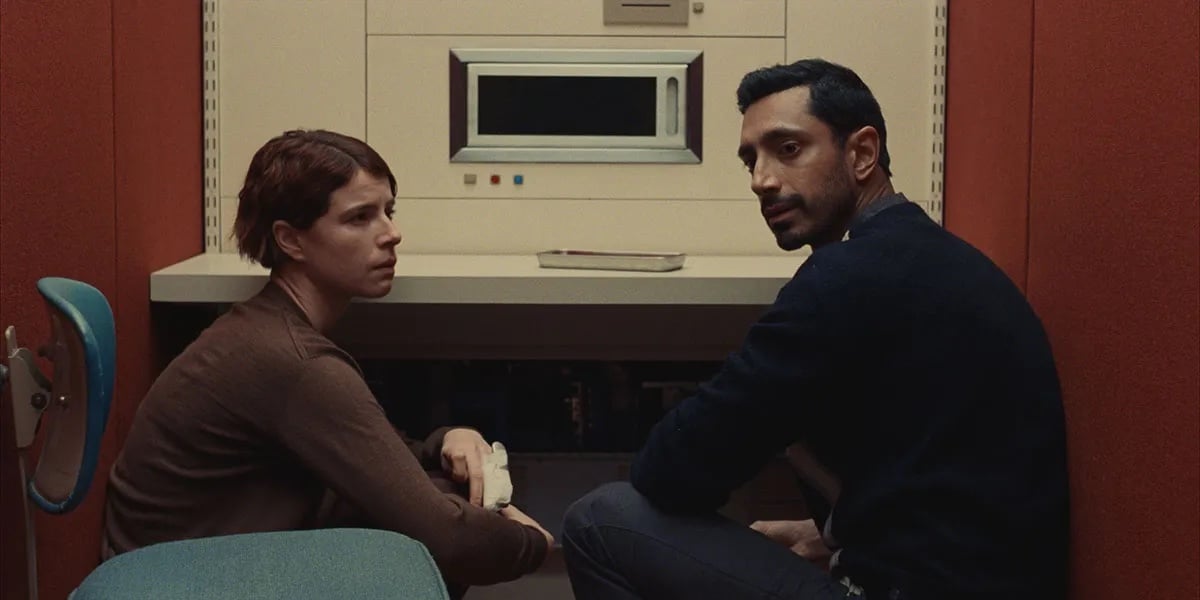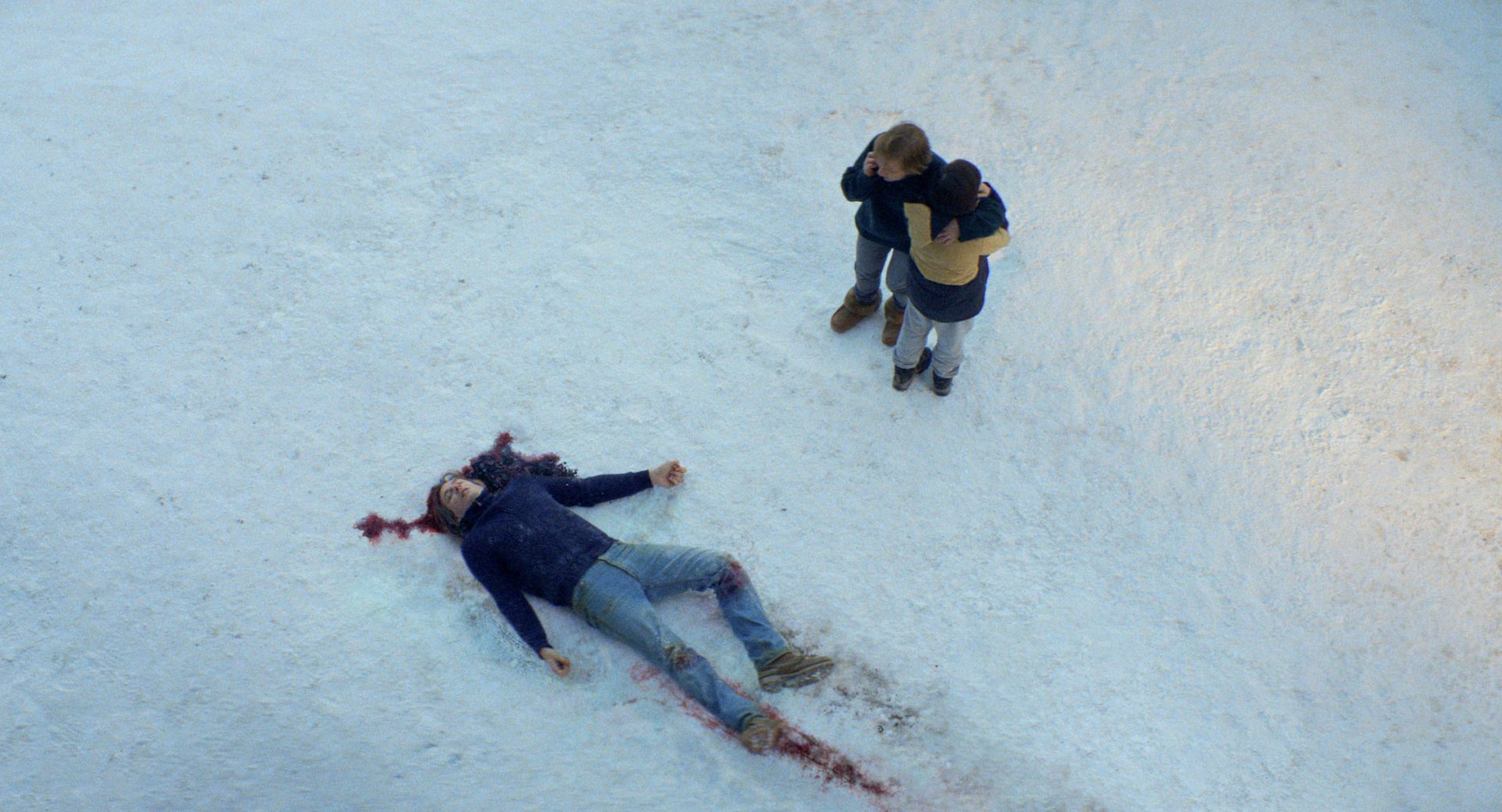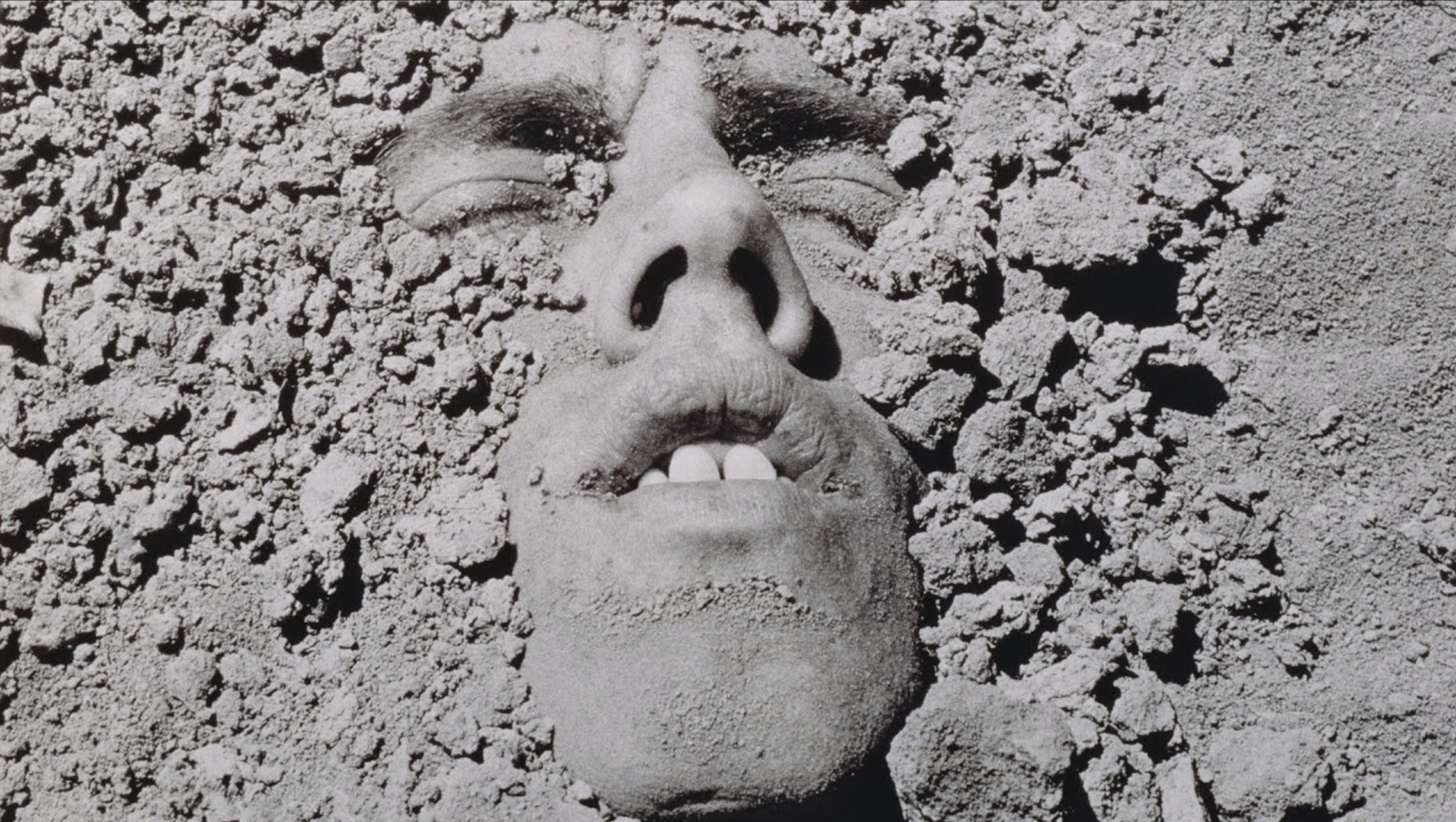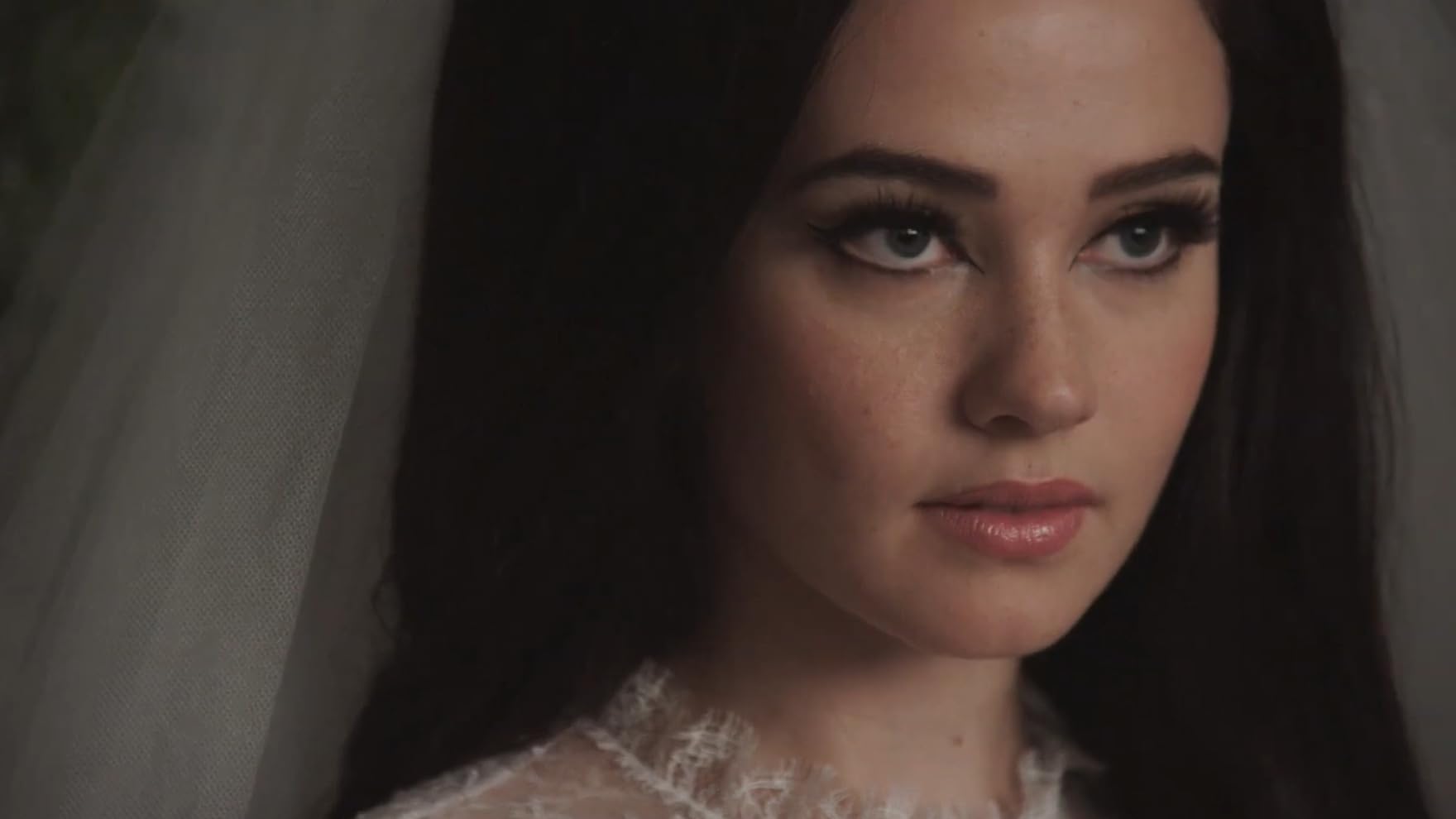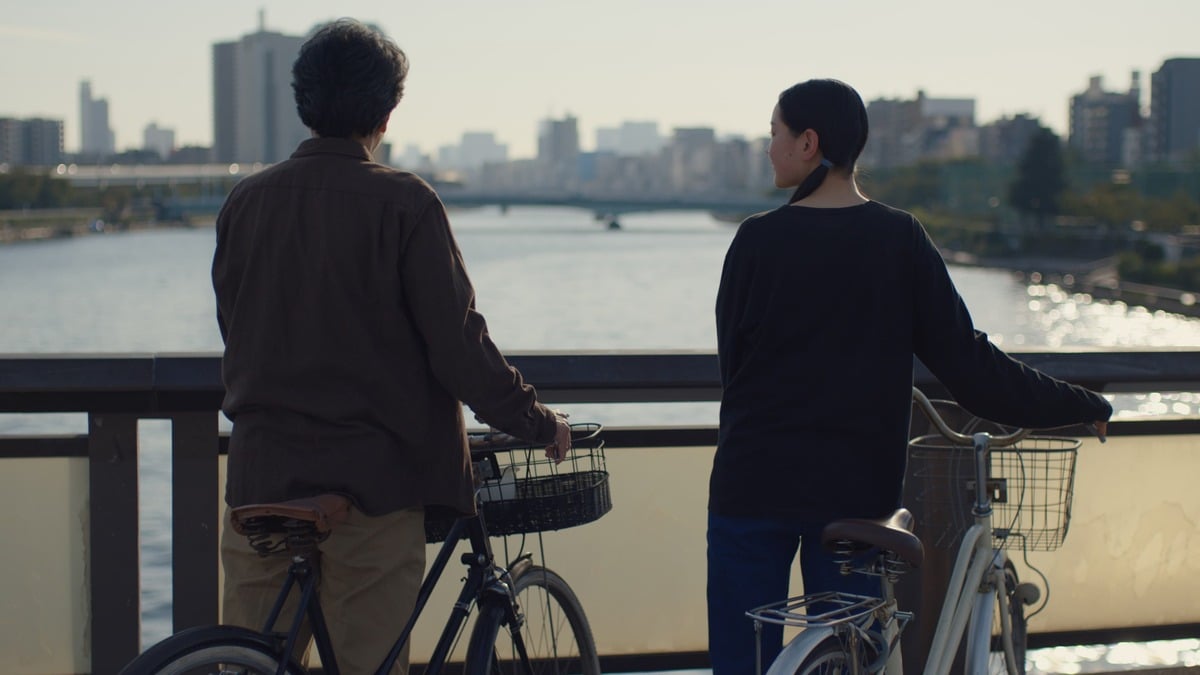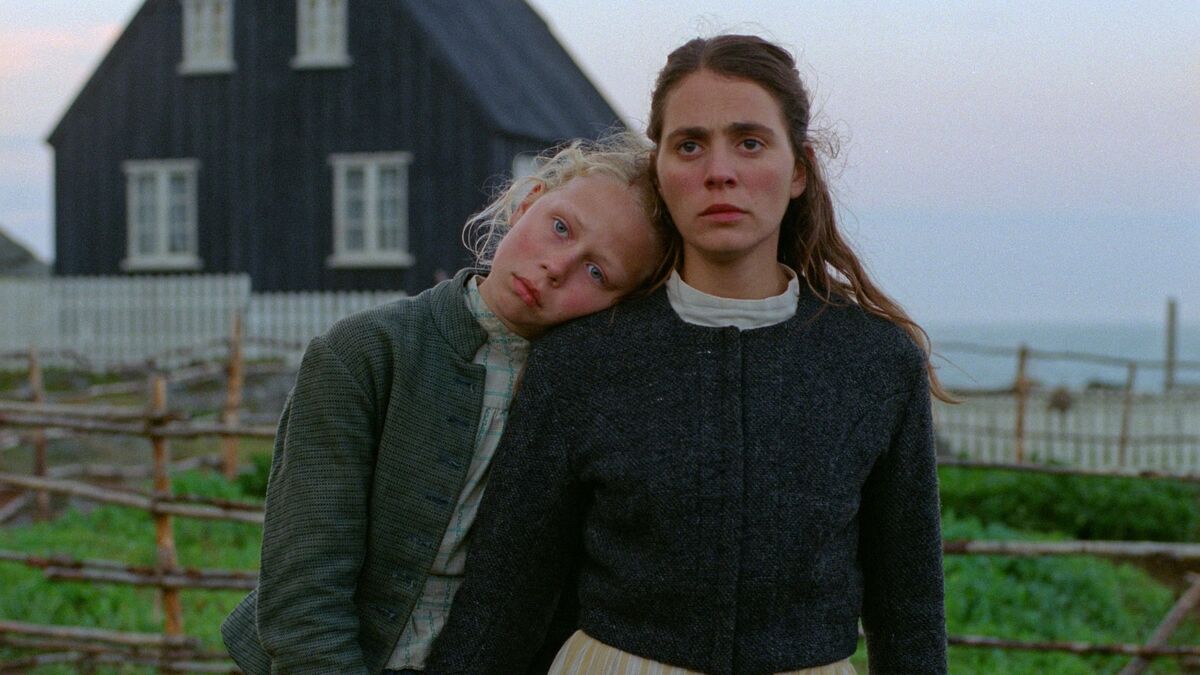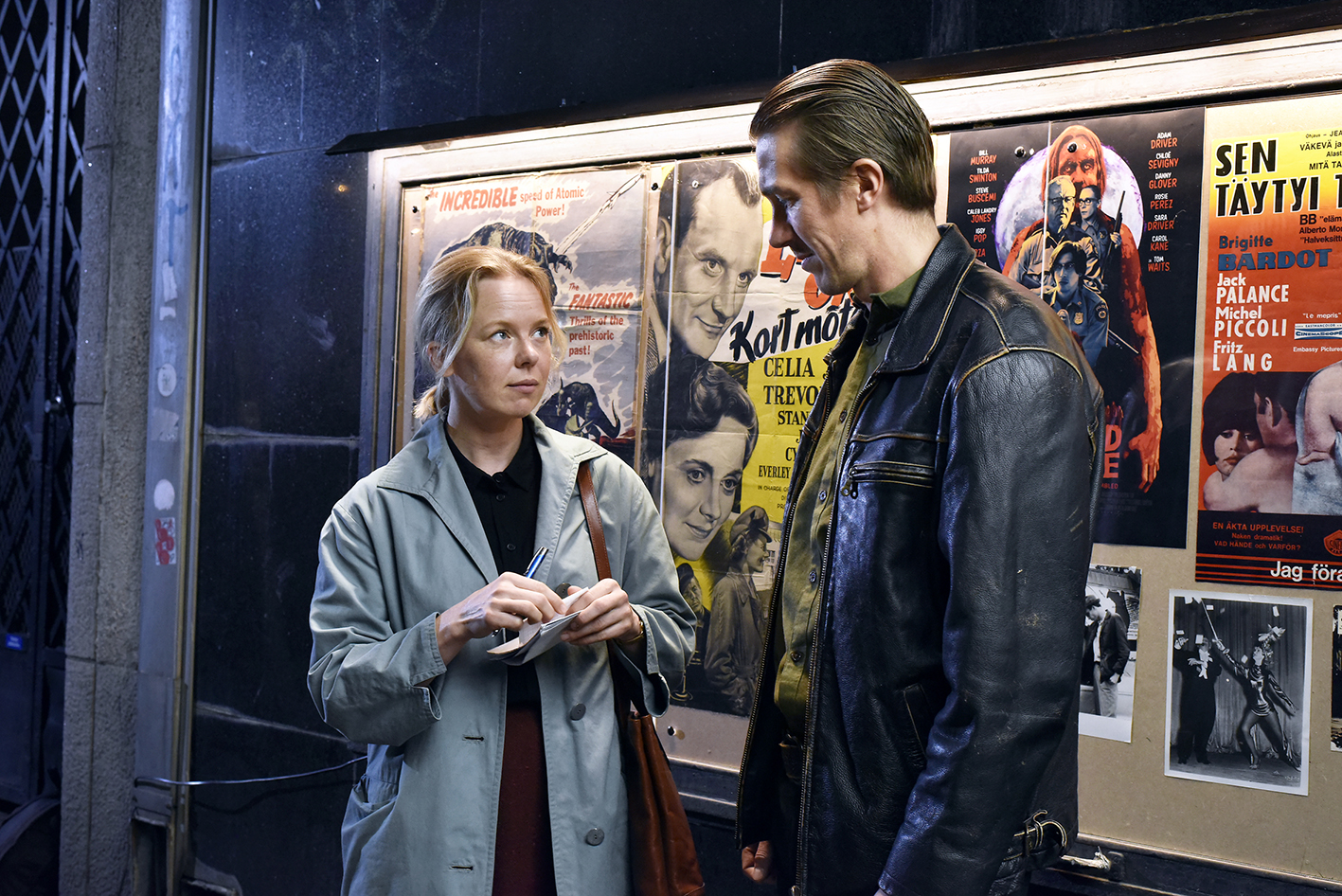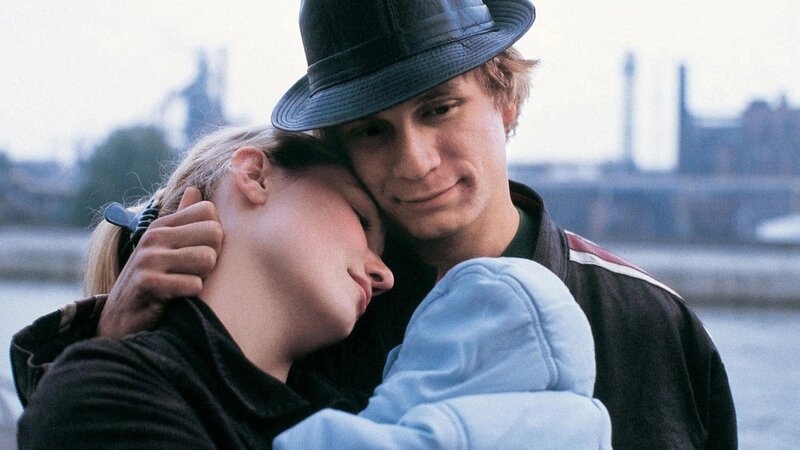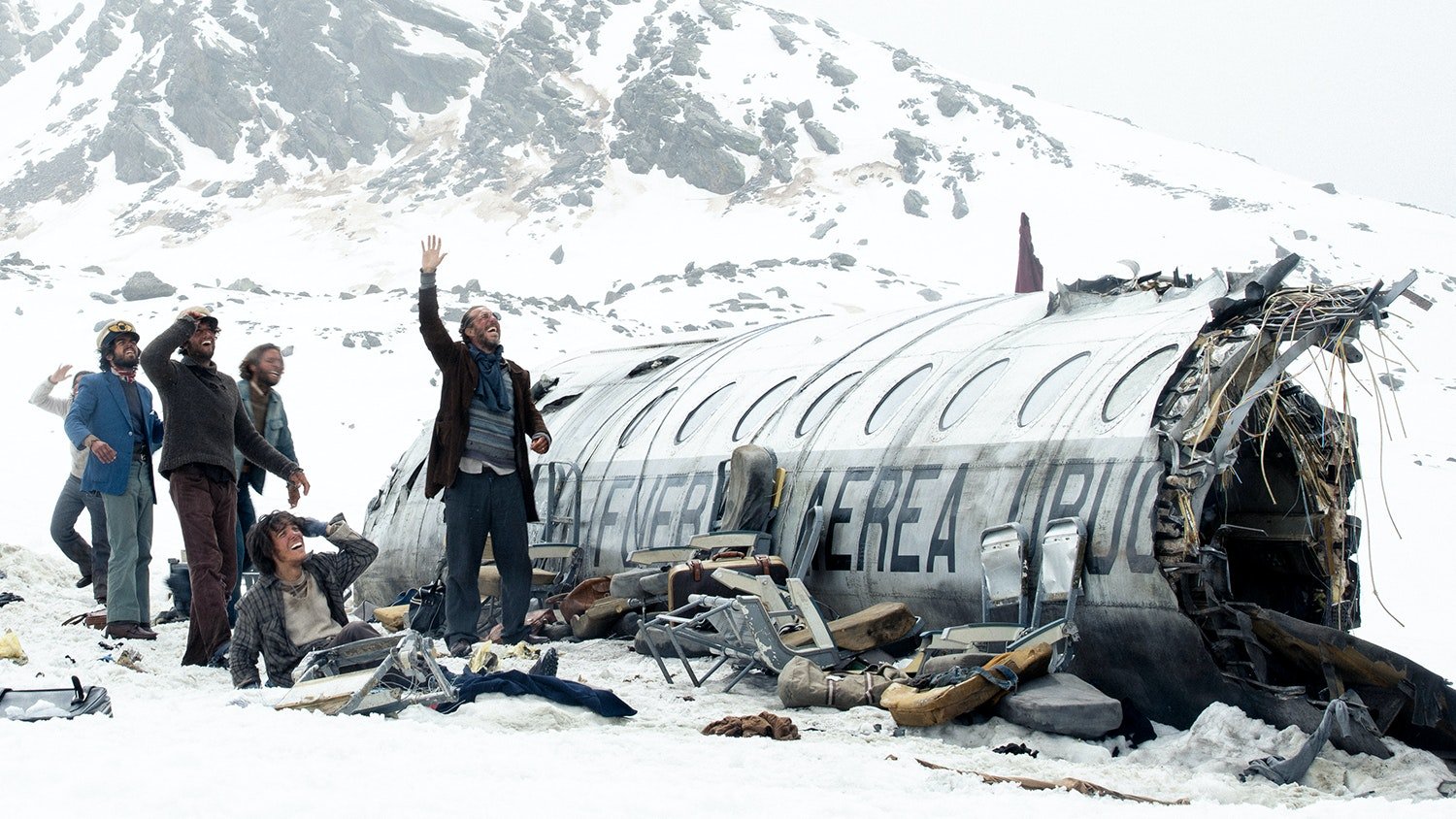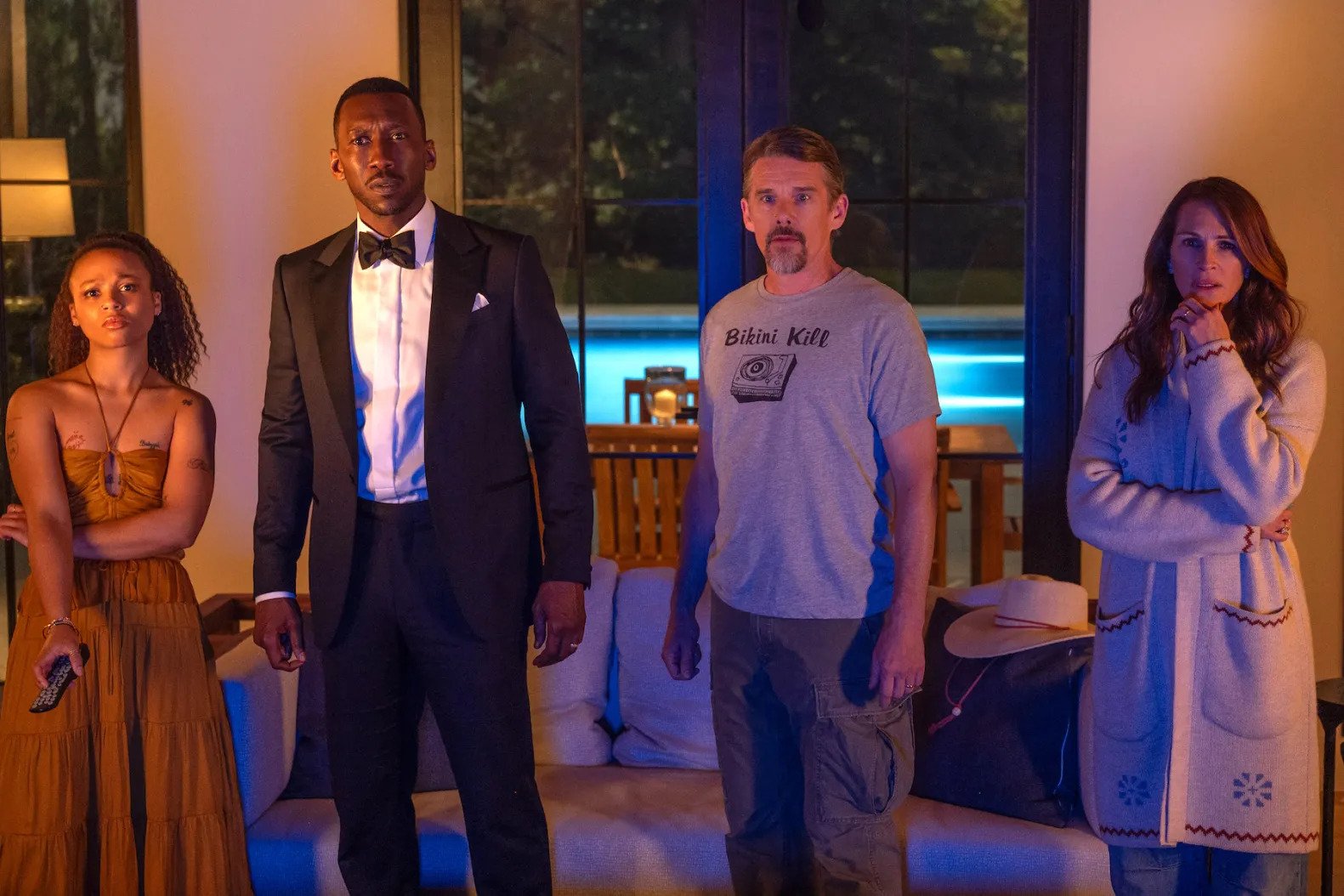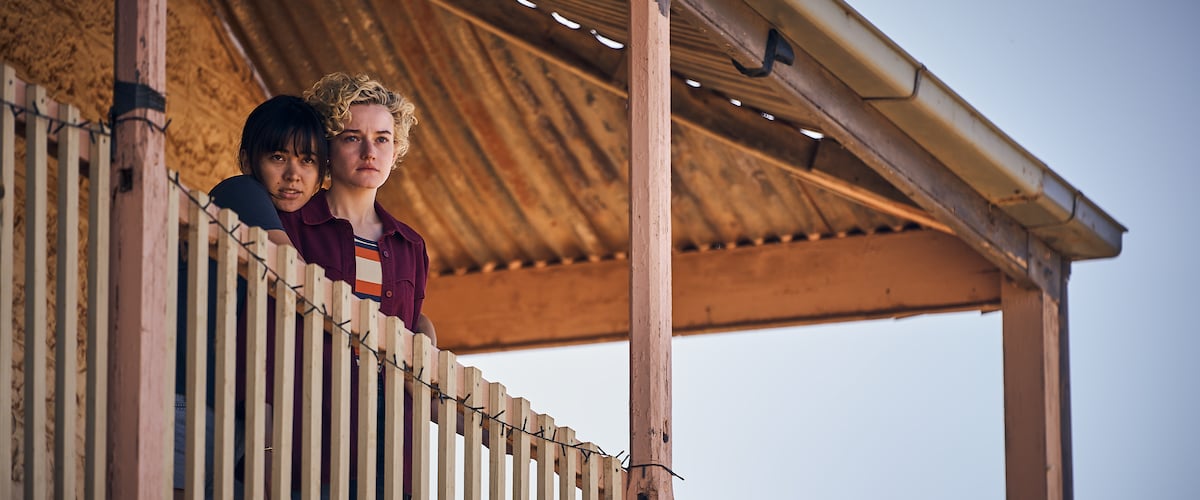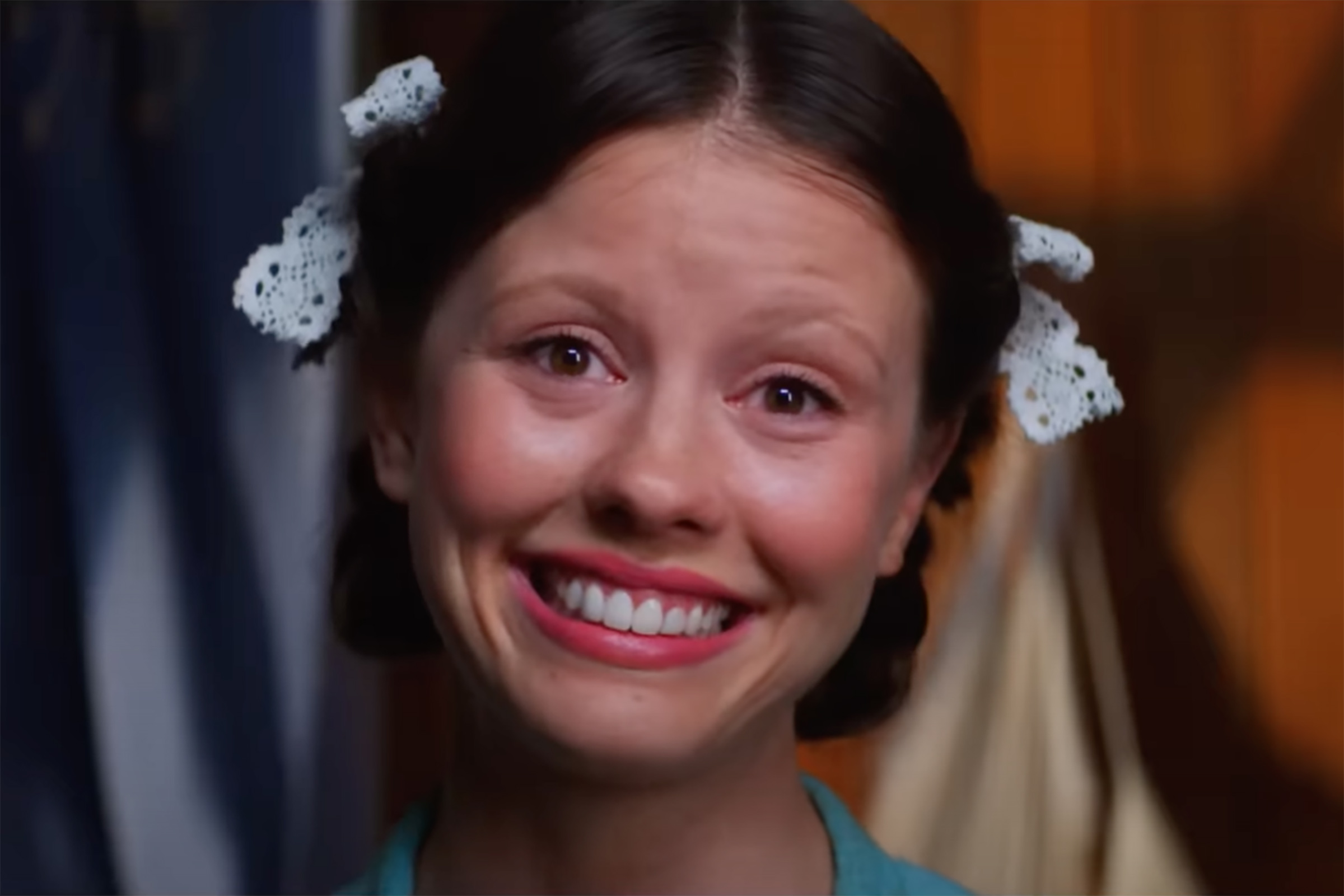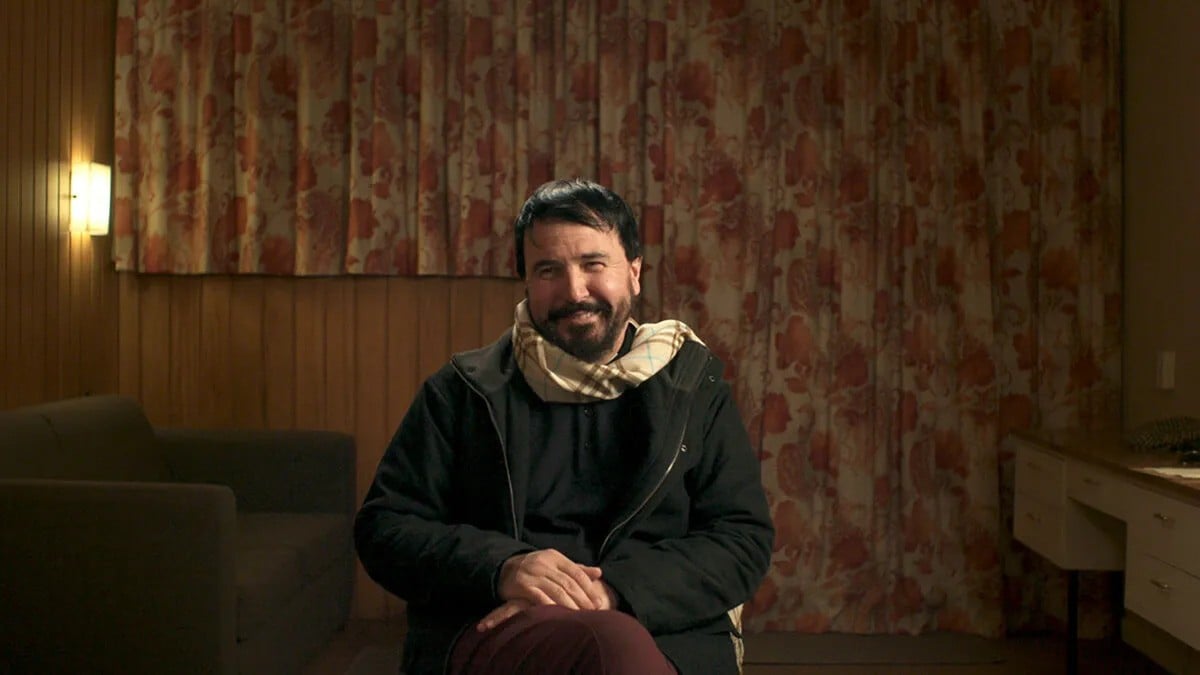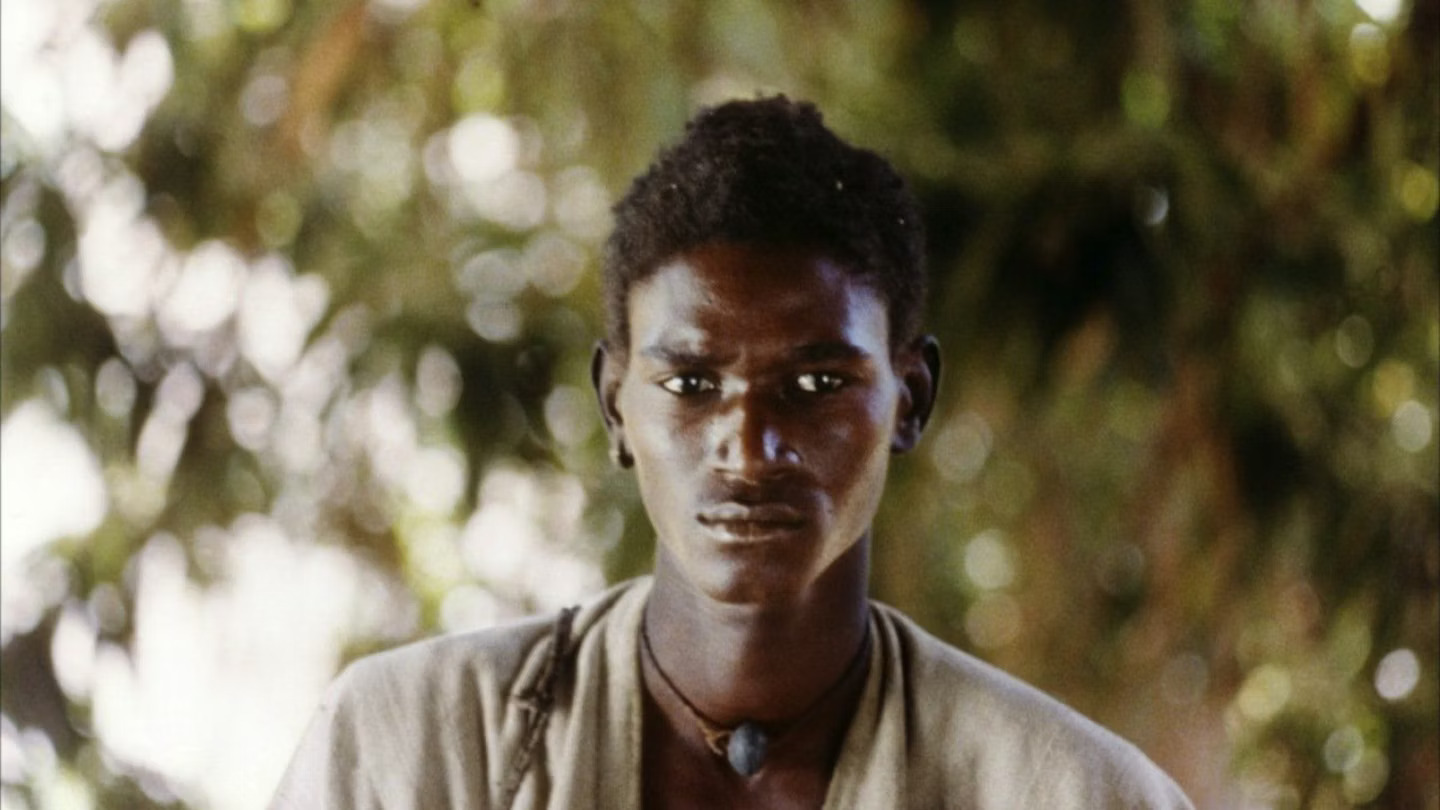In what is only his second feature, Greek director Christos Nikou crafts a singular universe that is orderly and enticing. The dystopian premise that you can now scientifically test for love may be bizarre, but it answers to one of the biggest anxieties humans share. That said, this particular world feels so close to ours today, that you want to dive right in it, weirdness and all. Even the topos of the love clinic, where couples get evaluated and take on exercises before they take the test is framed as a space for hope. There's no underlying cynicism in Nikou's film, which is perhaps the most surprising fact about it; on the contrary, longing—however painful it may be—abounds and seeps through the carefully composed images of shared doubt and suspect intimacy. Last, but not least, the chemistry shared by Buckley-Ahmed-White is nothing short of explosive.
Genre: Comedy, Drama, Romance, Science Fiction
Actor: Albert Chung, Amanda Arcuri, Annie Murphy, Ashleigh Rains, Avaah Blackwell, Christian Meer, Clare McConnell, Heather Dicke, Iain Reid, Jeremy Allen White, Jessie Buckley, Jim Armstrong, Jim Watson, Juno Rinaldi, Katy Breier, Luke Wilson, Mish Tam, Nina Kiri, Riz Ahmed, Tameka Griffiths, Tanchay Redvers, Varun Saranga
Director: Christos Nikou

